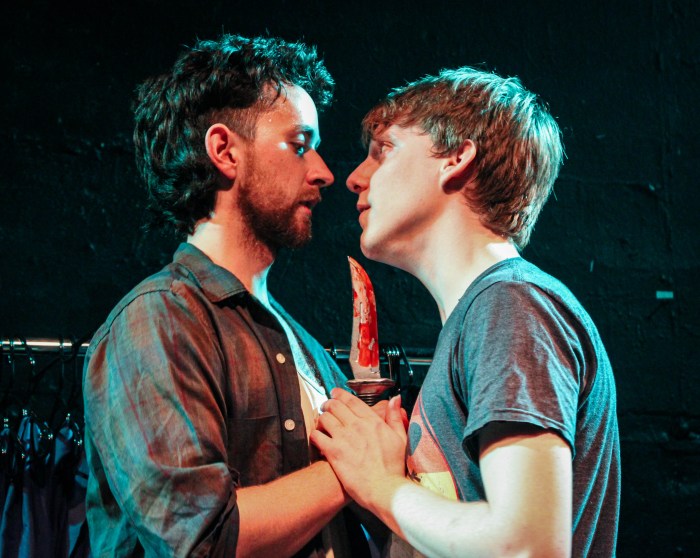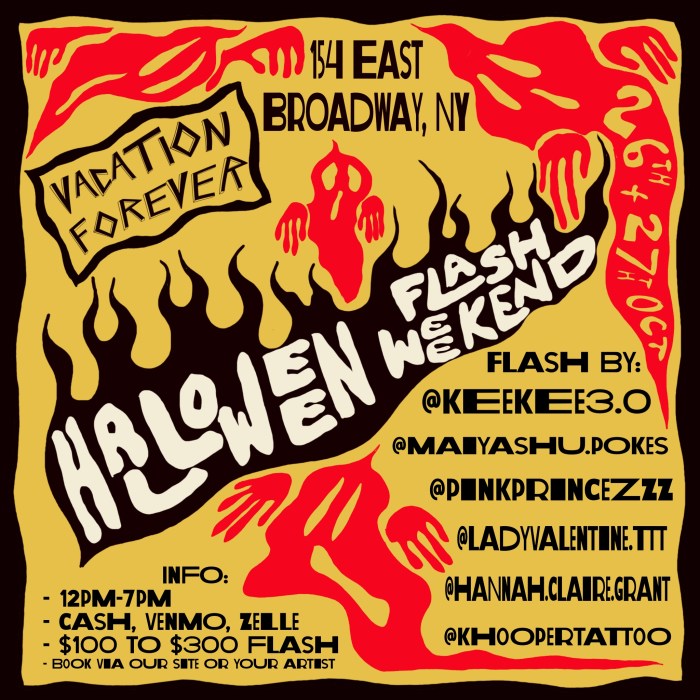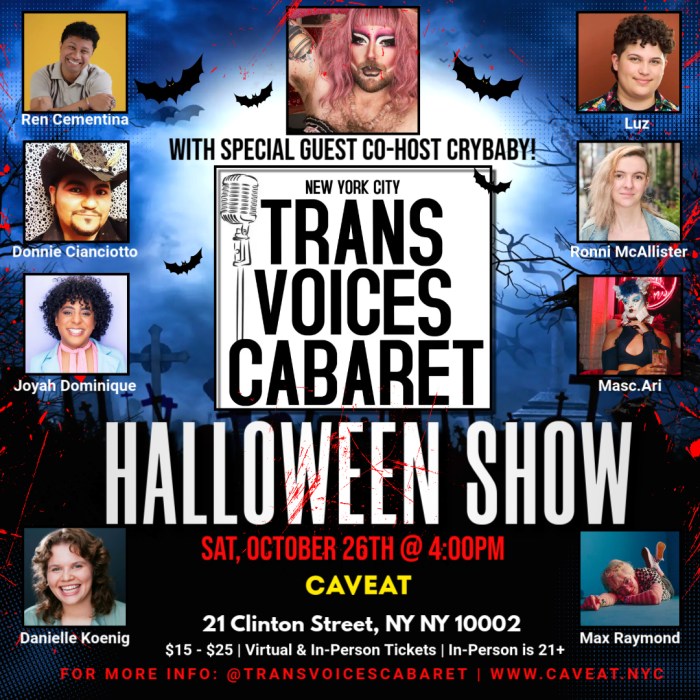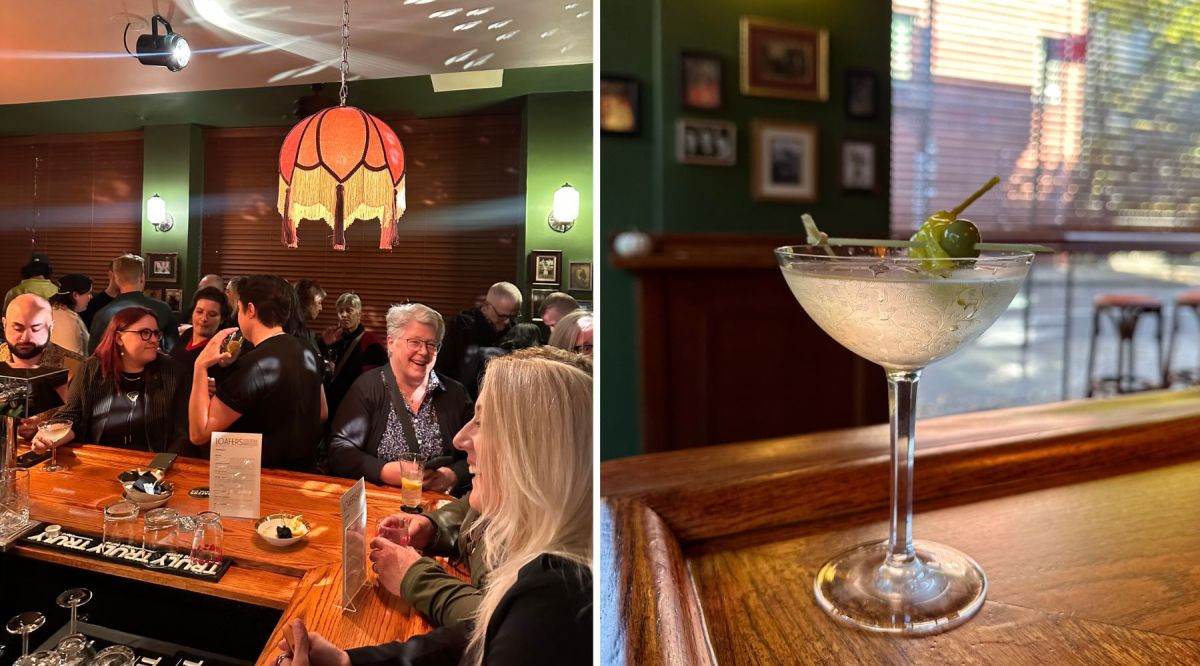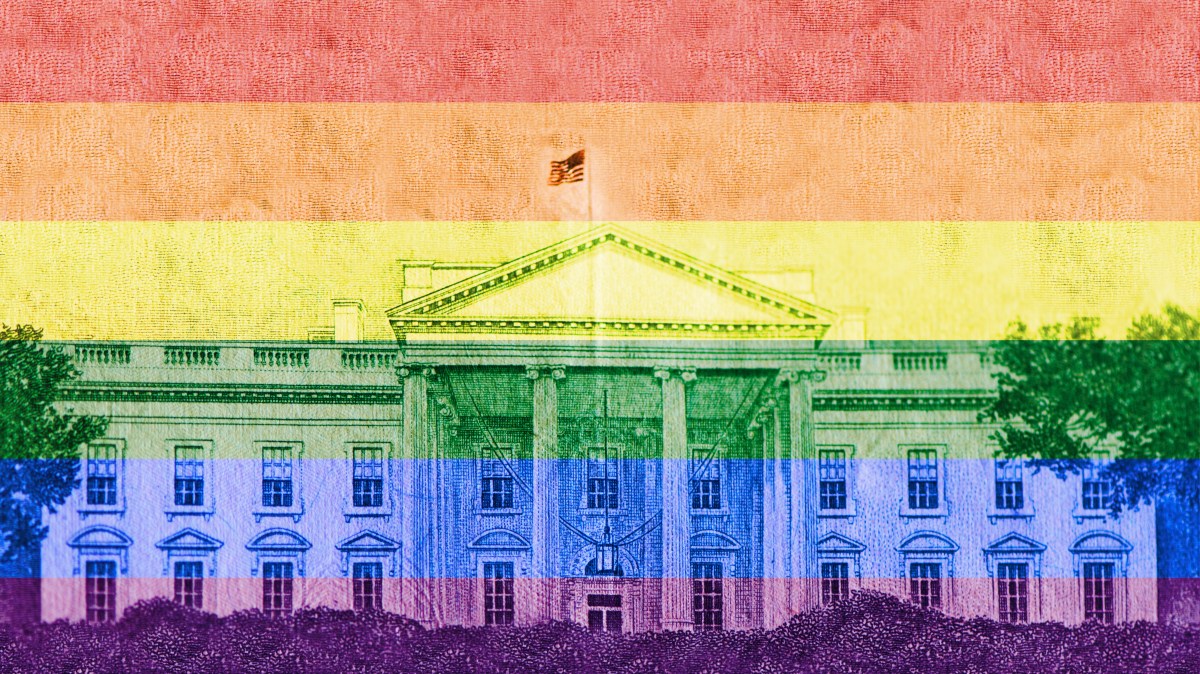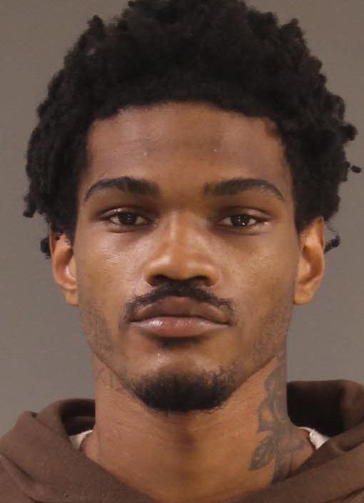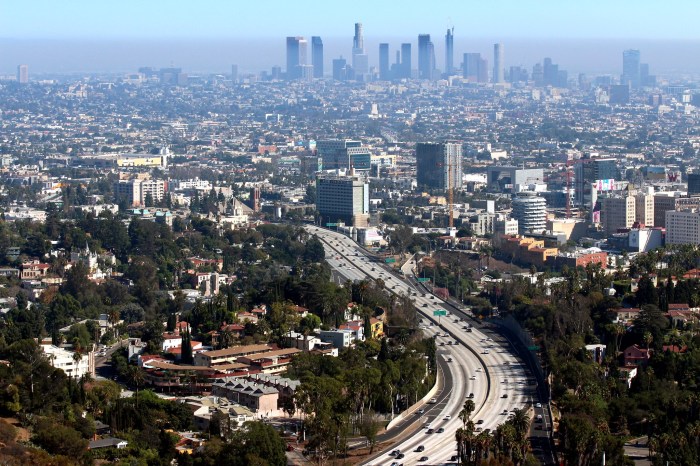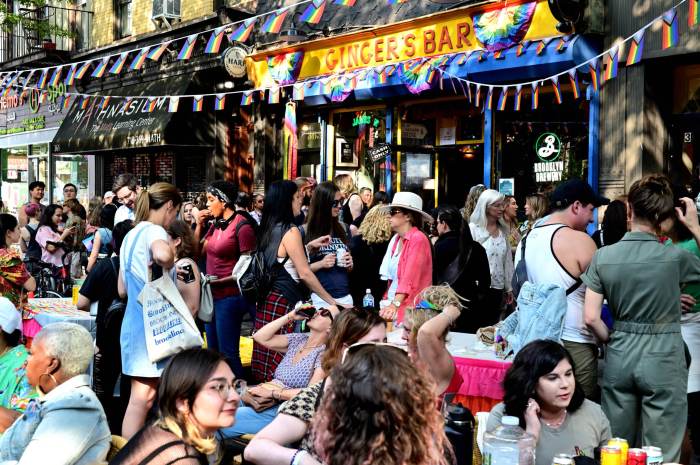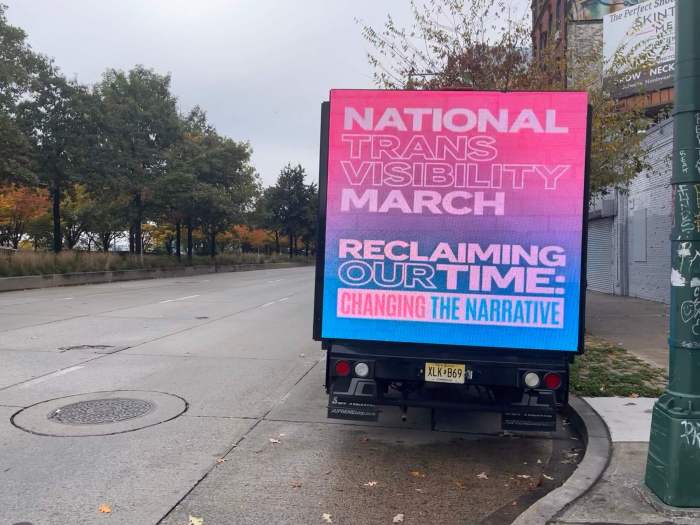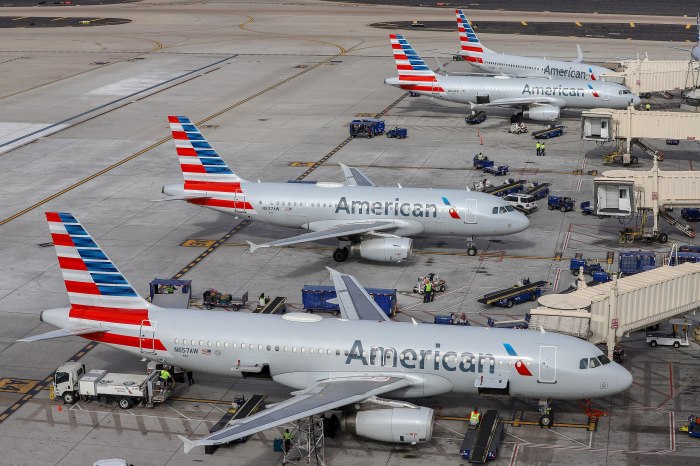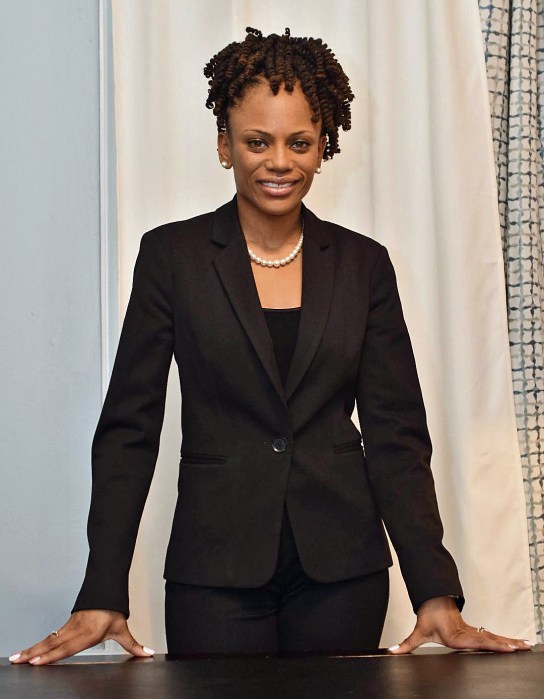Many queer people love video games, but video games don’t always love them back.
A new report published by GLAAD indicates that many LGBTQ individuals enjoy playing video games — nearly one in five gamers are queer, the report says — but that representation is often lacking in video games and there is not enough of an effort to combat anti-LGBTQ harassment.
The new research, announced Feb. 13, was released as part of GLAAD’s first State of LGBTQ Inclusion in Video Games, which evaluates LGBTQ inclusion in gaming and issues recommendations on how to improve the video game landscape in the future. GLAAD partnered on the project with the Nielsen Games Team.
The report demonstrates how inclusion in video games can have a positive effect on the general population. Around 70% of non-LGBTQ gamers said having an out LGBTQ character in a game would have a positive influence and would not affect their decision to purchase or play a game. For LGBTQ individuals, nearly three out of four people said witnessing characters with their sexual orientation or gender identity would make them feel included.
The report points to research from the LGBTQ Video Game Archives regarding games released between 1985 and 2005 showing that less than 30% of LGBTQ characters were “playable.” Furthermore, when GLAAD counted games with LGBTQ content, researchers found those games only accounted for less than 2% of the digital libraries of Xbox, PlayStation, Nintendo, and PC games. That pales in contrast to the film world, where 28.5% of films from the top 10 distributors in 2022 had an LGBTQ character, according to GLAAD.
The report also found that video games can serve as an important escape from what seems like an endless stream of anti-LGBTQ legislation and developments as several US states work to curtail trans rights and the rights of the LGBTQ community at large. For some people, video games give them an outlet to connect with the gaming community when they are living in a state where anti-LGBTQ legislation has either been introduced or signed into law. Nearly two-thirds of LGBTQ gamers who live in those states said they rely on video games to help carry them through difficult times, while 55% of queer gamers in those states said they have been able to find more acceptance in the gaming community than in their local community. LGBTQ gamers in safer states also said games help them cope in similar ways, but not to the same degree as in the states playing a more active role in anti-LGBTQ policies.
The gaming community is not guaranteed to be a safe space, however. According to the report, 52% of LGBTQ gamers said they experienced harassment while playing online games and 42% have avoided playing a game because of the likelihood of harassment.
“The findings of this report send a powerful message to the industry: it is time to move past the idea that LGBTQ-inclusive games are a separate, niche category,” GLAAD’s associate director of gaming, Blair Durkee, said in a written statement. “All games should strive to reflect the people who play them. And when 1 in 5 gamers are LGBTQ, any game with five or more characters has no excuse for lacking LGBTQ inclusion.”
LGBTQ gamers spend more time playing video games than their non-LGBTQ counterparts, with 69% of LGBTQ gamers playing four or more hours per week compared to 64% for non-LGBTQ gamers, according to the report. LGBTQ gamers are more likely to play open world, simulation, role-playing, horror, and puzzle games, while non-LGBTQ gamers gravitate to shooting games.

